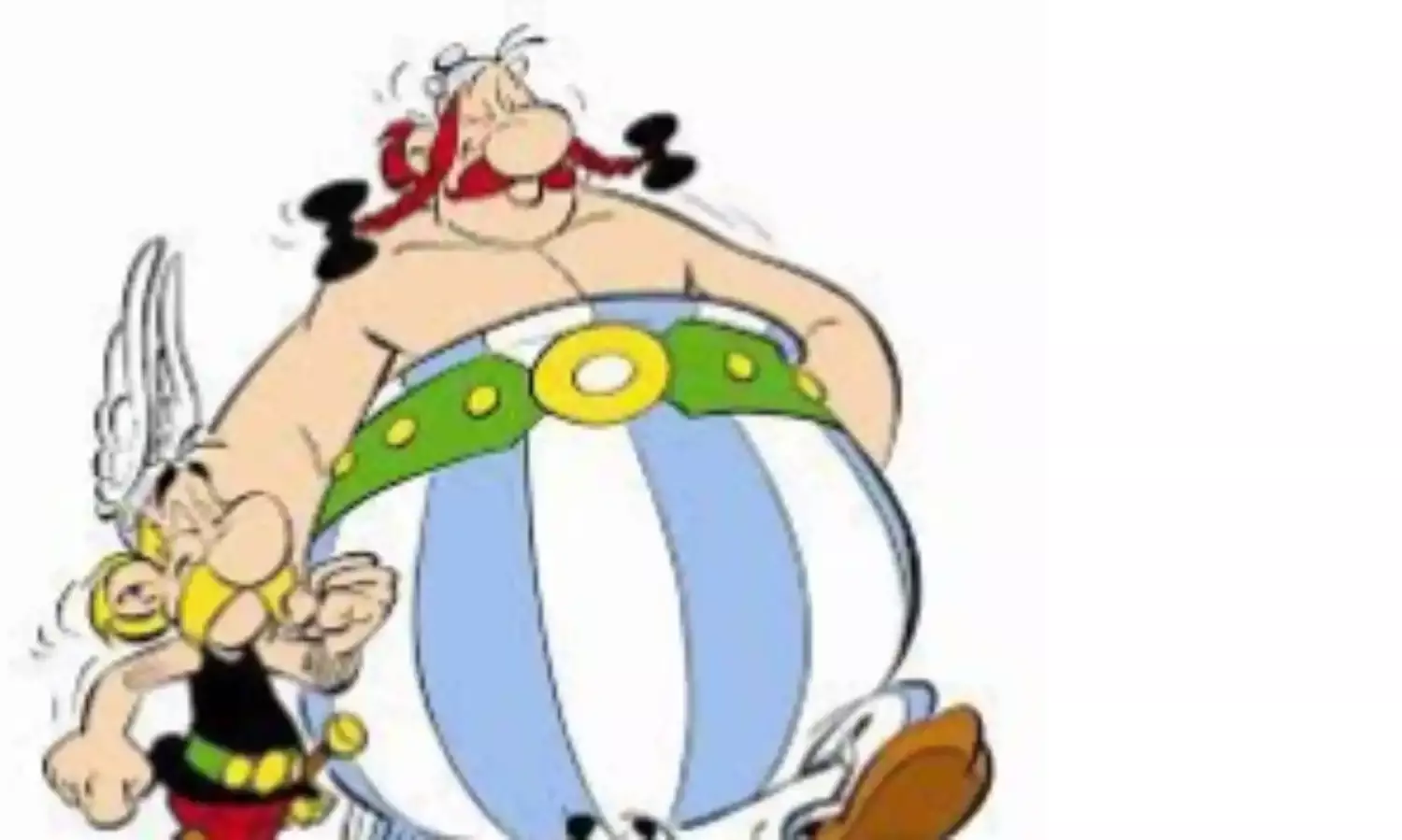Fixing Our Fractured Globe
Our new regular column- A Nod and a Wink

Not just our beloved Bharat but the whole globe is in need of glue! This would be the perfect moment for the reincarnation of the famous Gaul, Getafix, of Asterix comic series fame. If ever India and the world needed a 'Fevicol moment' to bind its fractures, it is here and now, must give the adhesive brand its due for some delightful ads that 'stick' to memory for their humour and insight into our unique culture.
A padyatra that aims to connect with the people at grassroots level, whatever the political aim, is certainly worth every step taken. Aam aadmi is the Vox Populi , to give a grander name to the voice of the people. And that voice has to be heard directly, and not filtered through an echo chamber.
Wanderlust piqued the minds of many an adventurer, explorer, merchant and pilgrim in times of yore from lands far and near. Some came on foot, some by sea. The mighty Himalayas were no barrier to legendary travellers who came on foot. Ptolemy, from Greece, was here in AD 130 and wrote a geography of ancient India.
Fa-Hien arrived on foot in AD 405 across the icy desert and rugged mountain passes. Being a Buddhist monk, he went to Lumbini and other places associated with Buddhism. He learnt Sanskrit and took Buddhist texts from India for translating, having spent 12 years in India.
Hiuen-Tsang, also a Buddhist monk, came in AD 630 and stayed on for 15 years, out of which he spent four years studying Sanskrit, logic and Buddhism at Nalanda for four years.
Al-beruni, a Persian scholar and a polymath , came to India in 1024 and hung on for six years. He is considered a pioneer in Indology, being the first Muslim scholar to study India.
Marco Polo ,the Merchant of Venice, was in India from 1292 to 1294. As a child he had been fed travel stories by his explorer father. He marched on the Silk Road for four years before reaching China and incredibly enough travelled over the world for 24 years with his father and uncle.
It was his travel accounts of China and Asia that inspired others to follow in his footsteps. Coleridge's dramatic poem 'Kubla Khan' is inspired from Marco Polo's narrative on the grand palace of Kublai Khan of Zhengdou. It begins with the lines: 'In Xanadu did Kubla Khan, a stately pleasure dome decree…'
Ibn Batuta, came to Hindustan from Morocco in 1333 during the reign of Tughlak and stayed on for nine years. A Portuguese voyager, Barbosa, arrived in India in AD 1500 and spent 16 years, mostly in Kerala.
Then there were English and French travellers who came during the Mughal period and wrote accounts of social structure, customs and also about the flourishing trading ports at Surat, Broach, Cambay etc.
And the word spread of the storied wealth of India, its gems and diamonds, gold and silver, the spices and its art and culture. The vivid travel accounts of Oriental wealth propelled some countries into getting a foothold first and then becoming conquerors to plunder the wealth that dazzled their eyes. A perfect Arab and the camel story. And the rest is history!
With instant connectivity now, the mystique about other lands has diminished a great deal. From the North Pole to the South Pole the world is polarised in more ways than one. Wherever one looks one sees religious chasms, political fissures, wealth inequalities, racial discrimination, yawning gender gap and warring nations over territory displaying a brutal streak that is toxic and regressive. Let us be cohesive if not adhesive!
Let us travel in the way the mystic Sufi poet, Rumi said: "And you? When will you begin that long journey into yourself" ? Bharat Jodo Yatra is in a continuum of earlier journeys undertaken in our country inwards or outwards.



